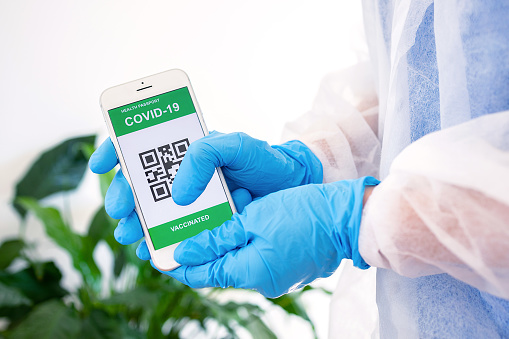WhatsApp is a social media platform and in India, there are as many as 400 million users on this platform. The UPI, Unified Payment Interface on the app helps people send or receive money easily by linking their bank accounts to the mobile devices. This integration method is relatively new and is very handy for providing users with the easiest transaction experience.
However, as it has become hugely popular among the users, the scammers and criminals out there have also shown interest in the process to operate fraudulent activities. They force customers to pay from their accounts without any compulsion whatsoever.
These WhatsApp scams are garnering major problems among users worldwide. Tons of complaints are registered by customers for being scammed of their hard-earned cash. The perpetrators are clever enough to use the platform for scamming in a very subtle way.
Important things to know about the fraud:

Customers are often asked to give their banking details or provide the QR codes for their accounts for transferring money in the online stores and complete the transaction. The codes are sent on your WhatsApp number for making the payment. Nobody needs the other person’s QR code in order to send them money. We generally raise our own codes for paying. Fraudsters nowadays are using this sly technique to scam the customers and send their codes. The codes are then used by buyers to pay for the products they are selling. So the scammers can literally steal from you instead of receiving money.
The QR codes are unique for different accounts. So you need to be very careful if any unknown contact or source sends you their individual codes for payment. Scrutinize before you proceed to pay and also have a double-check on the amount of money that needs to be paid. Make sure that in any circumstances the scammers are barred from taking out additional money from your personal bank account.
Details about the process:
Some of the users of the app are still unaware of the previously stated fact that they do not need to scan QR codes if they are at the receiving end. This makes them more vulnerable and prone to the scams.
For example, if you are a seller and want to sell your items on an online website, you put all relevant details on the site. The fraudsters may show interest in your products and pose as a buyer. Then they share their QR codes with you on WhatsApp and ask to scan that code using UPI services like Google Pay or others for receiving the money for the products directly in your bank account. You are never to do this as you will be scammed of your money right after you scan the code and provide the relevant details. If you are not very comfortable about such online payments and have little knowledge about how they work, you can learn about them or should deal in cash if possible.
Additionally, scammers can ask you to scan the QR code by using your preferred UPI app and enter your MPIN which is the password that you have set for the banking app. You should refrain from this too and always cross-check the names or UPI ID after scanning.
